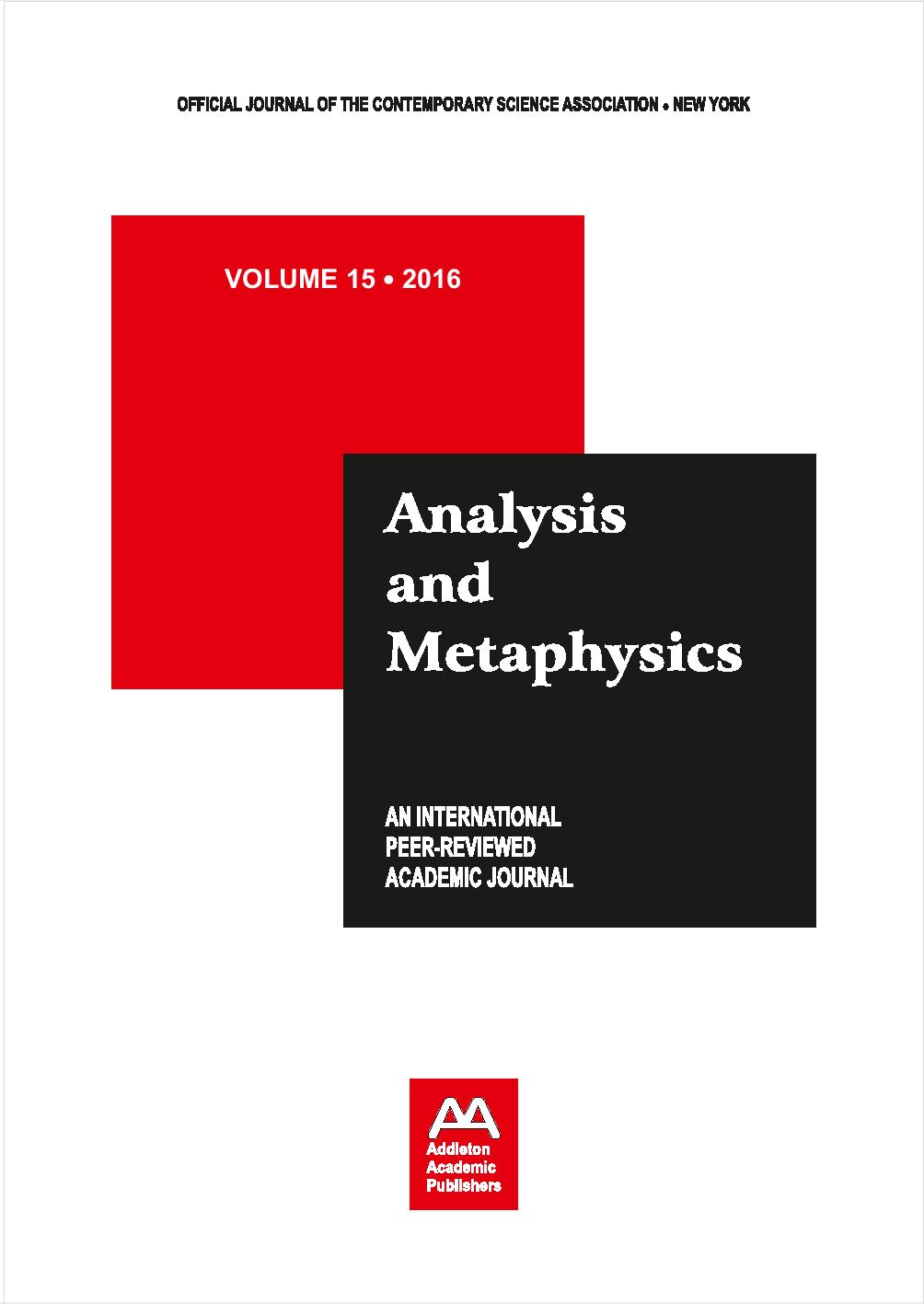THE CONCEPT OF IDEALIZATION IN ERNST CASSIRER’S THEORY OF KNOWLEDGE
THE CONCEPT OF IDEALIZATION IN ERNST CASSIRER’S THEORY OF KNOWLEDGE
Author(s): Giacomo BorboneSubject(s): Metaphysics, Epistemology, Ancient Philosphy, 19th Century Philosophy, Contemporary Philosophy, German Idealism
Published by: Addleton Academic Publishers
Keywords: abstraction; function; idealization; Kantism; Platonism; science; substance;
Summary/Abstract: The German philosopher Ernst Cassirer is well known for his masterful historical works on modern philosophy and also for his philosophy of symbolic forms, but there is an aspect that has been disregarded by those scholars who dedicated several books and essays to Cassirer’s thought, I mean the difference between abstraction and idealization. The Polish philosopher Leszek Nowak for the first time developed systematically this topic in the field of epistemology, but nonetheless there are philosophical and epistemological works where we can find a very clear analysis of the difference existing between abstraction and idealization and, in this respect, Ernst Cassirer’s works are quite emblematic. It is very difficult to find in the literature on Cassirer some explicit analysis on this topic, so in this essay I will try, through Nowak’s conceptual apparatus, to explain the formation of scientific concepts in Cassirer’s view (especially by taking into account Cassirer’s critique of abstraction). I think that the concept of idealization and Cassirer’s critique of Aristotelian abstraction are essential for the comprehension of the complex Cassirer’s theory of knowledge and that’s why I turn my gaze to these two fundamental aspects of Cassirer’s epistemological reflections in order to provide a clearer image of his theory of knowledge.
Journal: Analysis and Metaphysics
- Issue Year: 2016
- Issue No: 15
- Page Range: 88-109
- Page Count: 22
- Language: English
- Content File-PDF

